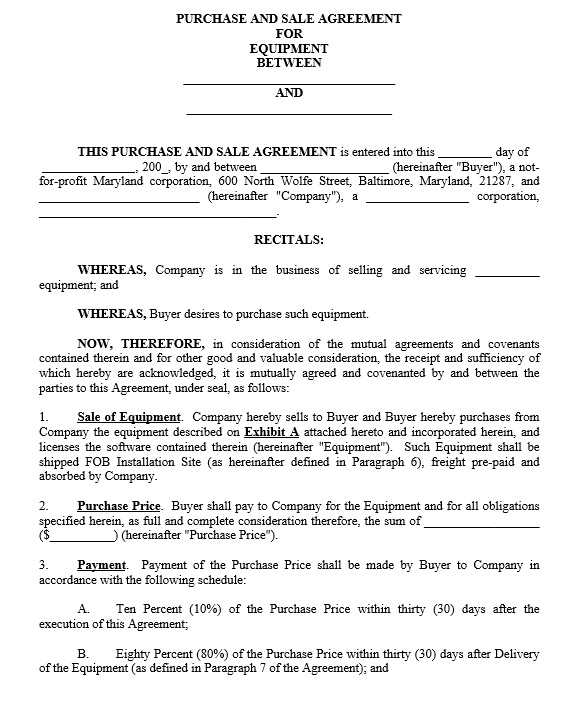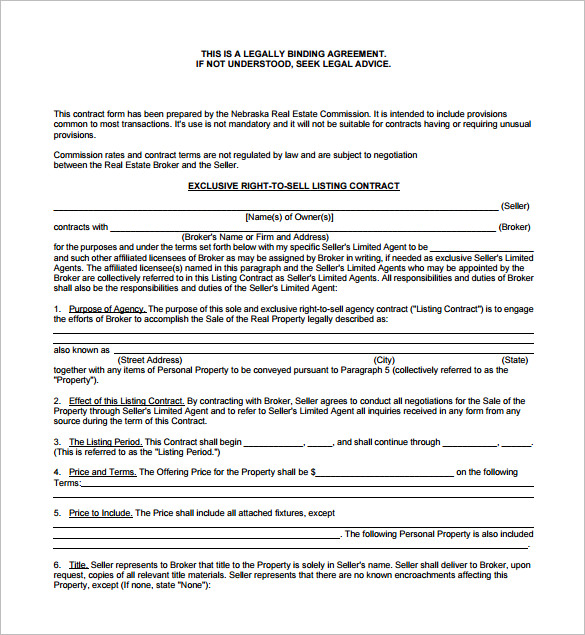
Contracts are an essential part of business and personal transactions. They are legally binding agreements that outline what each party is responsible for and what they will receive in return. If you are unsure about how to write a binding contract, this article will guide you through the process.
1. Start with an Introduction
The introduction should clearly state the purpose of the contract, the parties involved, and the scope of the agreement. Be specific and include as much detail as possible to avoid confusion later on.
2. Define the Terms and Conditions

List out the terms and conditions of the contract, including any obligations, responsibilities, and deadlines. Define any technical terms or industry-specific jargon to ensure that both parties understand the agreement.
3. Identify the Payment Terms

Outline the payment terms, including the amount due, payment schedule, and any penalties for late payment. Be clear about the payment method and any additional fees or charges.
4. Establish Confidentiality and Non-Disclosure

If necessary, establish confidentiality and non-disclosure clauses to protect sensitive information. Clearly state what information is considered confidential and the consequences of breaching the agreement.
5. Include Termination and Renewal Clauses

Include termination and renewal clauses to outline the circumstances and conditions under which the contract can be terminated or renewed. Be specific and include any notice requirements.
6. Outline Dispute Resolution Methods

Outline the dispute resolution methods, including mediation or arbitration, to resolve any disputes that may arise during the term of the contract.
7. Add Signatures and Dates
Include signature lines for both parties and the date of signing. This makes the contract legally binding and enforceable.
8. Review and Edit the Contract
Review the contract carefully, making sure all terms and conditions are clear and concise. Edit as necessary to avoid any ambiguity or confusion.
9. Seek Legal Advice

If necessary, seek legal advice from a lawyer to ensure that the contract is legally binding and enforceable in your jurisdiction.
10. Keep a Copy of the Contract

Make sure to keep a copy of the contract for your records. This can be helpful in case there is a dispute later on.
Conclusion
Writing a binding contract may seem daunting, but it is essential to protect yourself and your business. By following these steps, you can create a clear and concise agreement that outlines what each party is responsible for and what they will receive in return. Remember to review and edit the contract carefully and seek legal advice if necessary. Keep a copy of the contract for your records and make sure both parties sign and date it. With these steps, you can create a legally binding contract that protects your interests and ensures a successful business transaction.